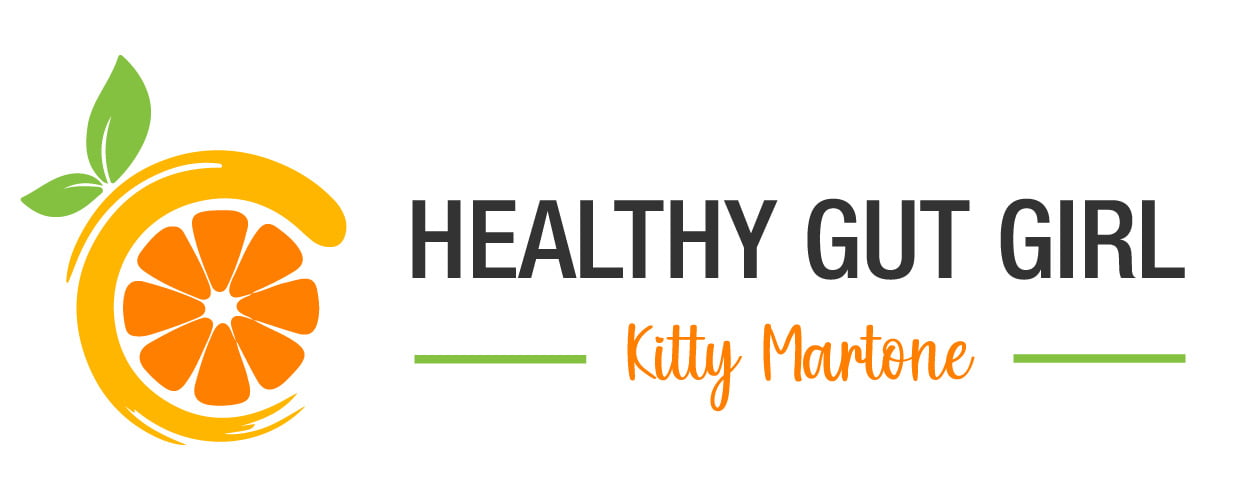Progesterone is known as an anxiolytic, which actually reduces anxiety. What causes anxiety and panic attacks? Here is what Dr. Hotze has to say
“5 COMMON CAUSES OF ANXIETY IN WOMEN”
Written By: STEVEN F. HOTZE, M.D.
Steven F. Hotze, M.D., is the founder and CEO of the Hotze Health & Wellness Center, Hotze Vitamins and Physicians Preference Pharmacy International, LLC.
1. Adrenal Fatigue
Your adrenal glands are responsible for managing stress. Chronic stress, whether physical or psychological or both, cause the adrenal glands to be overworked and eventually leads to adrenal fatigue. The adrenal glands simply cannot produce enough cortisol, your body’s stress hormone, to meet the demands of your body. As a result you feel stressed out and anxious. Research shows that people with anxiety disorder had lower cortisol levels. (1) Supplementing with bioidentical cortisol helps you to withstand stress and escape the most unpleasant effect of stress, anxiety.
2. Hypothyroidism
Hypothyroidism results in a slowdown of cellular metabolism, which causes a drop in levels of the neurotransmitter gamma-aminobutric acid (GABA). GABA has a calming effect, which prevents the brain from being overwhelmed by stimulation. Moderately low levels of GABA are linked to anxiety, panic attacks and mood swings. Research demonstrates that anxiety is common in patients with thyroid dysfunction.(2) At the other end of the spectrum, too much thyroid hormone (hyperthyroidism) can also bring on anxiety and panic attacks.
3. Estrogen Dominance
Chronically elevated levels of estrogen can actually induce depression and anxiety by causing functional hypothyroidism. Also, a woman with estrogen dominance (progesterone deficiency) may have the adequate levels of total cortisol in her bloodstream, but her free, available cortisol level may be very low. Only free cortisol can actually be used by the cells.
Estrogen impairs adrenal function in another way: it interferes with the release of cortisol from the adrenal cortex. This can be an indication of declining ovarian function and the resulting imbalance of estrogen and progesterone.
Research shows that an increase in progesterone resulted in improvement of premenstrual anxiety, irritability and nervous tension. (3) Research also shows that progesterone produced a clear dose-dependent anti-anxiety response. These results demonstrate that progesterone was most potent against anxiety when compared with all steroids evaluated. (4, 5) Balancing the estrogen with bioidentical progesterone can help eliminate estrogen dominance and curb anxiety.
4. Estrogen Deficiency
Estrogen deficiency that occurs with menopause can cause anxiety. If anxiety is associated with your hot flashes, then low estrogen could be the culprit. Research suggest that the lower estrogen state during normal menstrual cycling may contribute to risk for anxiety disorders. (6)
Symptoms can be relieved with bioidentical estrogen. (Keep in mind that you can be estrogen dominant and estrogen deficient at the same time. That simply means that you are low in both estrogen and progesterone.)
Evidence supports anxiolytic and antidepressant roles for testosterone.Administration of a low dose of testosterone in women with treatment-resistant major depressive disorder significantly improved ratings of depression, compared to placebo-treated subjects. In addition, surgical removal of the ovaries increased mood disturbances and depression, an effect reversed by testosterone. Another study in women found that a single administration of testosterone reduced anxiety in the fear-potentiated startle response, compared to placebo-treated controls. (7)
FULL BLOG HERE
You can reach Dr. Hotze HERE
